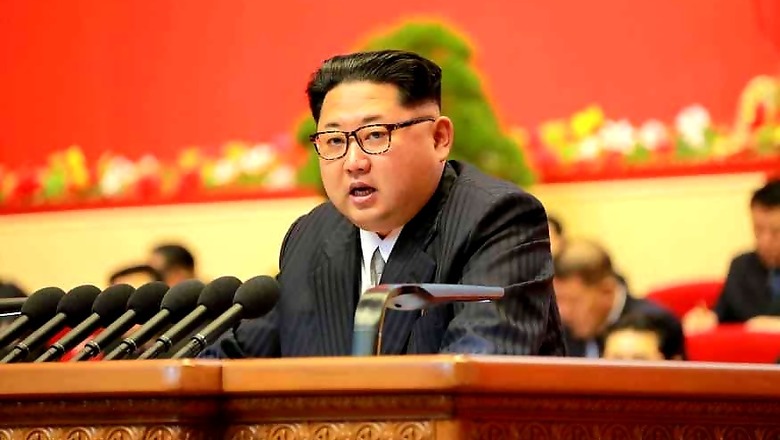
views
Pyongyang: Petrol prices are being pumped higher in Pyongyang in the wake of United Nations sanctions restricting exports of oil products to nuclear-armed North Korea.
Retail prices have gone up around 20 percent in two months, AFP saw in the capital.
Earlier this month the UN Security Council imposed its eighth set of sanctions on the North following its sixth nuclear test, which Pyongyang said was a hydrogen bomb. North Korea also launched two intercontinental ballistic missiles (ICBMs) in July that appeared to bring much of the US mainland into range.
North Korean leader Kim Jong-Un and US President Donald Trump are engaged in a war of words, heightening the tensions.
Trump dubbed Kim "Rocket Man" in a speech at the United Nations in which he threatened to "totally destroy" the North if it attacked the US or its allies.
In a statement on Friday Kim responded by calling the US head of state "mentally deranged" and a "dotard" who would "pay dearly" for his comments -- triggering Trump to describe him as a "madman".
The latest UN sanctions for the first time impose limits on supplies to the North of the fuel it needs to keep its citizens and soldiers moving. The country has few hydrocarbons of its own.
Crude oil exports are limited to current levels, and refined products are capped at 2 million barrels a year.
China –- by far the North's biggest supplier and key diplomatic protector -– has not issued official figures for its crude sales to its neighbour for several years.
But according to the US mission to the United Nations, Beijing provides Pyongyang with around 4 million barrels a year of crude oil, and 4.5 million barrels of refined oil products such as petrol and diesel.
There is a livelihood exemption in the rules, but the measures would appear to amount to a cut of more than 55 percent in oil product supplies, and it appears to be having an effect in Pyongyang.
In North Korea petrol is sold by the kilogram rather than the litre, and payment in hard currency is required for retail buyers.
"It was $1.90 yesterday, today it is $2," a petrol station employee said. "I expect the price will go up in the future."
One litre weighs 0.77 kilograms, so the current price is equivalent to $2.59 per litre.
In July -– when there appeared to be more traffic on the roads of the capital -- prices were about $1.65 per kilogram.
Residents say the increases have come in a series of small steps, rather than a sudden spike.










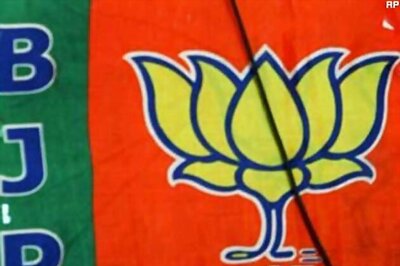

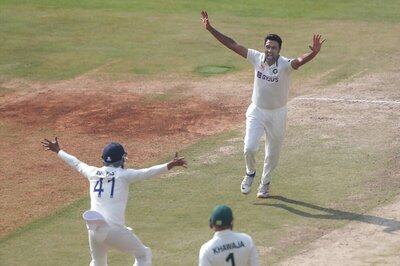
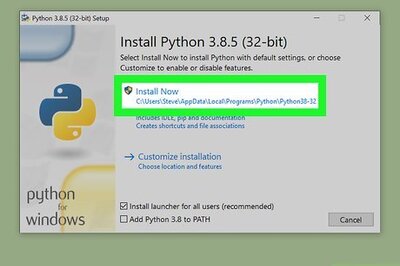



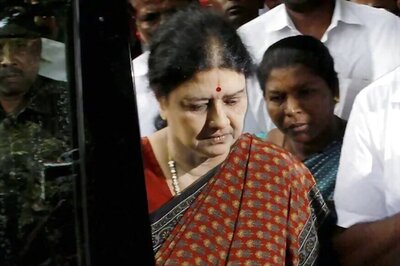


Comments
0 comment